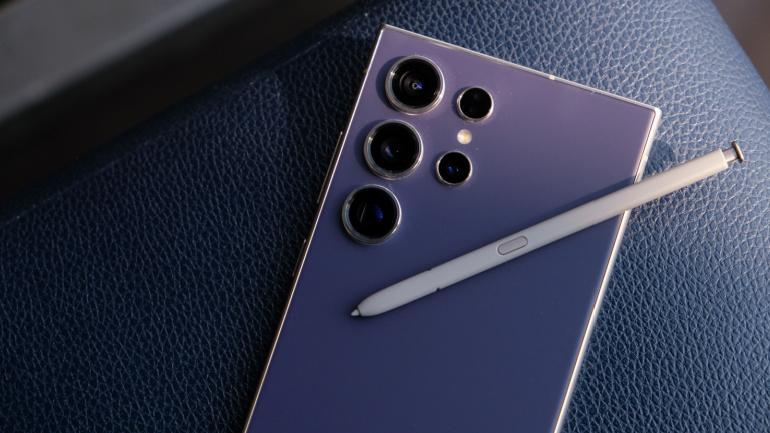Nokia has dismissed rumors about its mobile network business being acquired by Samsung. The Finnish telecom giant confirmed its dedication to the division, despite market speculation. This strategic asset is key for Nokia and its customers, especially with the expansion of 5G technology. Keep updated with Nokia’s innovative journey.
Korean tech giant Samsung Electronics has acquired Oxford Semantic Technologies, a UK-based startup specializing in advanced knowledge graph technology. This strategic move aims to enrich Samsung’s AI capabilities, enhancing user experiences across its ecosystem. By integrating this technology, Samsung plans to deliver hyper-personalized interactions through its products, including mobile devices, televisions, and home appliances.
Samsung and MediaTek have successfully tested 5G Reduced Capability (RedCap) technology over virtualized Radio Access Networks (vRAN), potentially extending battery life for IoT devices. The test, carried out in Samsung’s R&D lab in Korea, utilized Samsung’s vRAN 3.0 software, OpenRAN compliant radio, and MediaTek’s M60 modem-equipped RedCap testing platform.
Samsung played a pivotal role in the German smartphone market’s recovery during the first quarter of 2024, ending a prolonged period of decline. According to Counterpoint Research’s Q1 2024 Market Monitor Shipment Tracker, smartphone shipments in Germany increased by 13% year-over-year.
In a bid to expedite the advancement of 6G software, tech behemoth Samsung and chip design firm Arm have joined forces to delve into parallel packet processing technology. This cooperative effort will see Samsung Research launching an open-source initiative in conjunction with Arm to collectively innovate and refine parallel packet processing technology.
Samsung and O2 Telefonica have unveiled their inaugural virtualised RAN (vRAN) and Open RAN commercial site in Landsberg am Lech, Bavaria, marking a significant milestone in Germany’s mobile network evolution. This deployment represents the premiere integration of Samsung’s 5G vRAN technology into a German commercial network.
Recent data reveals a promising resurgence in the global smartphone market, with Samsung and mass-market mobile phone brands spearheading the rebound while Apple faces challenges in keeping pace. According to Canalys, smartphone sales worldwide reached 296.2 million units in the first quarter of the year, marking a notable 10% increase compared to the previous year. This growth signifies the market’s first positive double-digit year-on-year figure since early 2021, reflecting better-than-expected performance.
Global smartphone shipments saw a notable 7.8% year-over-year increase in the first quarter of 2024, according to data from IDC’s Worldwide Quarterly Mobile Phone Tracker. The total shipments for the quarter reached 89.4 million units, marking the third consecutive quarter of growth and indicating a solid recovery in the smartphone market.
TELUS, in partnership with Samsung Electronics, has unveiled plans to initiate Canada’s inaugural commercial virtualized and open radio access network (RAN), marking a significant leap forward in the telecom industry. This next-generation network technology aims to elevate performance, flexibility, energy efficiency, and automation, setting a new standard for mobile connectivity across Canada.
In a strategic move to enhance the appeal of its smartphones, South Korean tech giant Samsung has joined forces with Google and Qualcomm, marking a significant collaboration in the tech industry. The focus of Samsung’s latest Galaxy S24 series launch lies in the integration of generative AI, a result of the newfound partnership with Google Cloud.













